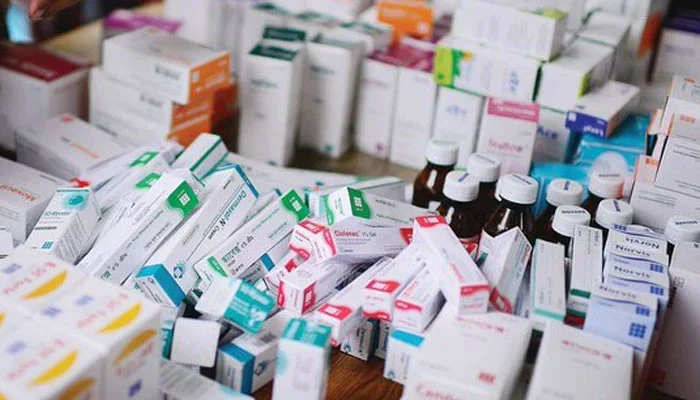Transparency International Pakistan (TI Pakistan) has urged the federal government to enforce a generic medicine policy, citing severe price disparities between branded and generic drugs. The advocacy group warns that unchecked cost differences place an unnecessary financial burden on patients and the national healthcare system.
TI Pakistan’s analysis highlights that some branded drugs are priced up to 3,000–4,000% higher than their generic equivalents. For instance, generic Montelukast 10 mg is priced at around Rs 3, while branded versions sell for approximately Rs 93, a staggering 3,000% price inflation. Similarly, generic Omeprazole 20 mg costs roughly Rs 1.70, whereas branded alternatives retail above Rs 67, reflecting a nearly 4,000% markup.
To address this disconnect, TI Pakistan recommends mandatory prescribing of medicines by their generic names in both public and private healthcare settings. The strategy, already advised by DRAP in 2021, promises to significantly lower medicine costs, improve accessibility for low-income groups, and promote equitable treatment across socio-economic divides.
Implementing a generic medicine policy would also encourage greater local pharmaceutical innovation and long-term affordability. TI Pakistan warns that delayed or selective enforcement allows disproportionate pricing to persist, disproportionately affecting poorer patients who rely on essential medications.
The recommendations include:
- Adopting least-cost procurement for government drug purchases
- Enforcing adherence to generic prescription directives in both public and private sectors
- Investigating non-compliance and penalizing violations across the medical supply chain
By pushing for full rollout of generic prescribing, TI Pakistan argues the government could deliver up to 90% relief in medical expenses for the public while fostering transparency and competition within the pharmaceutical sector.



Comments (0)
No comments yet. Be the first to comment!
Leave a Comment